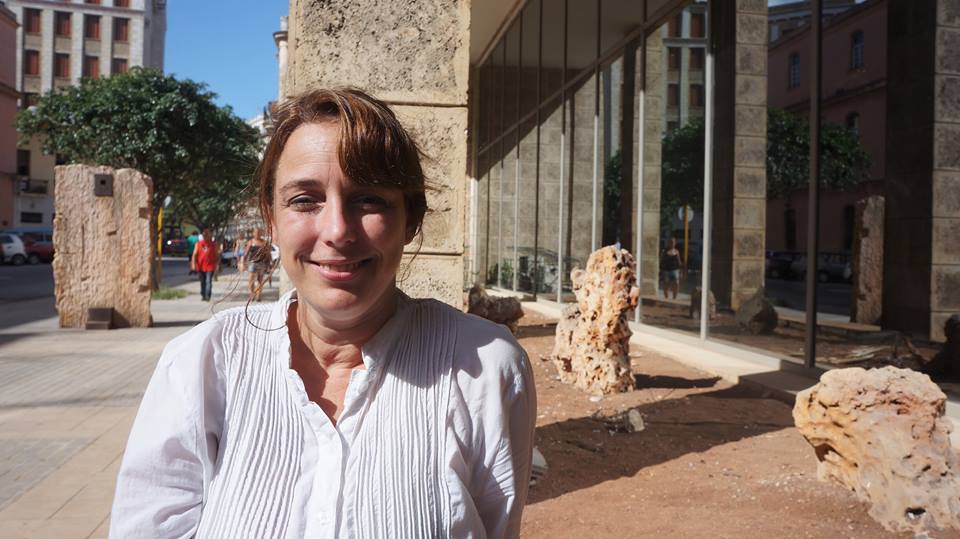HAVANA — On the first weekend of the Havana Biennial, artist Tania Bruguera was detained after organizing a 100-hour reading of Hannah Arendt’s writings on totalitarianism in her modest home in Havana Vieja.![]()
I write more about that in The Washington Post today:
When I visited Bruguera for the first time, on the final day of the reading, plainclothes policemen from MININT, Cuba’s feared interior ministry, swarmed just outside the doorway, and state workers were jackhammering away, digging forlorn trenches into the dusty road. Bruguera, who once taught art at the University of Chicago, where she also knocked on doors for Obama’s 2008 presidential campaign, has been under a kind of “city arrest” since late December, her passport confiscated and every step under state surveillance, following another public demonstration. We made plans to meet, perhaps later that day. Instead, MININT officials detained and questioned her.
I finally met up with Bruguera on the Tuesday morning after her detention (sadly, she was detained more recently earlier this month), and she spoke to me about several topics.
* * * * *
RELATED: Photo essay — Cuba on the cusp, but for what kind of future?
* * * * *
Bruguera, an artist and a daughter of the Cuban revolution, who styles herself at once a revolutionary, a socialist, an anti-capitalist and a “pain in the ass” for the current Cuban government, argues that the Biennial and its much-feted stars are part of a cynical cultural policy that co-opts Cuban artists as little more than pawns of the regime.
The full transcript of the conversation follows.
KL: First off, tell me what’s happened over the past 36 hours. The authorities did not care very much for your reading.
TB: No they didn’t.
KL: Why did they wait until after you’d finished to detain you? Continue reading Interview: Talking to Cuban artist Tania Bruguera
